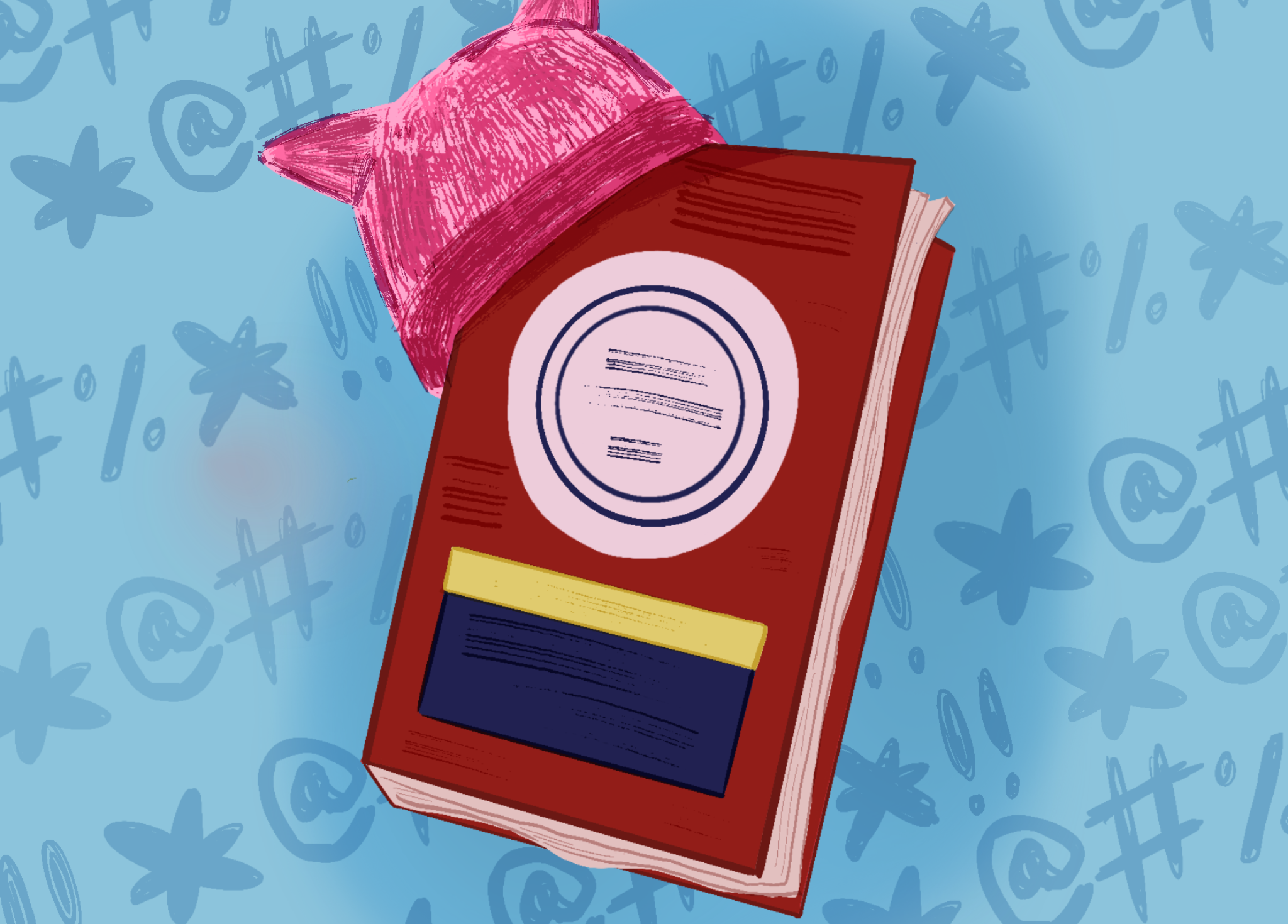To be bossy, demanding, and unapologetic makes a leader out of a man and a c*nt out of a woman. Women should aspire to have those attributes and the title that comes with them, unlearning everything they’ve been taught about how to act and who to be. Women must take the very words used to suppress them and turn them into powerful words for self-identification and a redefinition of femininity.
Derogatory terms are often used to represent the attributes that someone is not allowed to have. In the case of women, they are words intended to take away her emotional, sexual, or authoritative power, and shame her for wielding it in the first place.
The topic of women reclaiming derogatory terms is a complex one, just like most other hateful speech. The long history behind these words stems from centuries of hate and discrimination. Using derogatory terms can feel like a continuation of values from the past, possibly perpetuating harmful stereotypes. If women reclaim these words, a form of normalization may also occur, where non-women may feel entitled to use the same terms and therefore upholding the same damaging ideals.
However, the emphasis on the standard of a perfect woman will continue to be present in our society. Expectations of accommodation, innocence, and nurture permeate the image of femininity. Erasing this is not a simple task. Embracing the very words that embody and enforce these ideas helps women defy that derogatory narrative. If people aren’t allowed to shout hateful things, they will whisper them. To fully remove that dialogue, the power of the words themselves must be taken away.
In the halls of Berkeley High School (BHS), one can hear these terms thrown around. Listen for five minutes during a passing period, and you’re likely to hear these words at least once. However, more often than not, it’s coming from the mouth of one girl to another, not as an insult but casual banter. Acknowledging the weight of each word and choosing to look past it takes away the gravity of its usage. Consequently, the weight of its core expectations is taken away.
People only have as much power over you as you give them. To embrace the very words intended to strip one’s power away is the strongest form of rebellion. As a refusal not only of silence, but of anything less than shouting, these words feed into an even more important tool in fighting discrimination. By acknowledging unfair expectations and then working to embody the opposite, the fundamental, broken systems of society are directly challenged. Words have power, and by understanding how to wield that power, it’s possible to revolutionize hateful speech and turn it into something unifying.





